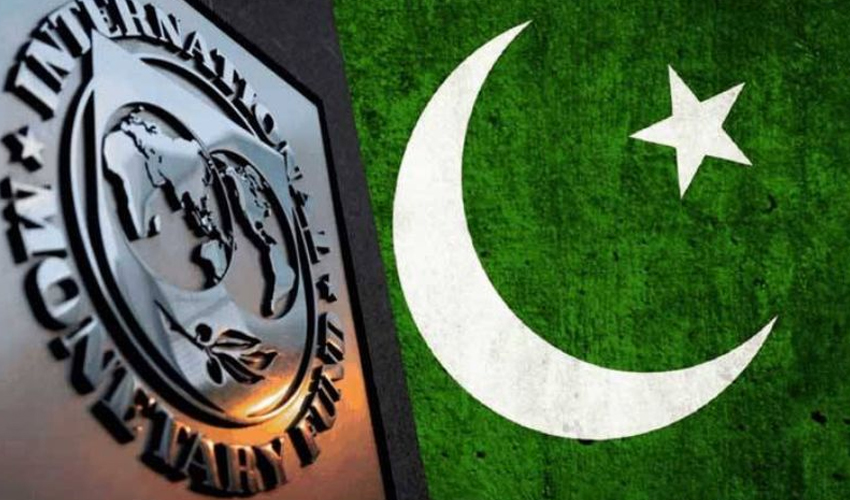Pakistan and the International Monetary Fund (IMF) struck a deal on a key condition during their economic review talks. The Pakistani government agreed to digitise the country's tax system, a move aimed at boosting efficiency and revenue collection.
This decision, reached during the latest economic review talks of the Standby Arrangement Program, underscores Pakistan's commitment to modernizing its tax infrastructure.
The agreement, which also involves the assistance of Karandaaz Company in digitization efforts, was formalized in a signing ceremony attended by Chairman FBR Malik Amjad Zubair Towana and senior officials from the Ministry of Finance.
The move towards digitization is expected to yield several benefits, including improved efficiency within the tax administration, reduced taxpayer expenses, an expanded tax net, and a sustainable increase in revenue, according to the Federal Board of Revenue (FBR).
However, the Pakistani economic team firmly rejected another major IMF demand - a reduction in the share of funds allocated to provinces under the National Finance Commission (NFC) award. The NFC award distributes federal tax revenue between the federal government and the provinces. Currently, provinces receive 57.5% of the revenue share, with the remaining 42.5% going to the federal government.
Also Read: Govt to bring wholesale/retail, real estate, agriculture sectors into tax net
Nevertheless, the economic team has pledged to explore alternative avenues for enhancing federal revenues and collaborate with provinces on NFC-related matters. Proposed measures include joint efforts to address electricity losses and security expenses, as well as the formulation of a collective strategy regarding the Benazir Income Support Program expenditures.
The IMF had declared 42.5% funds held by the federation under the National Finance Commission Award as insufficient and called for a review along with the provinces.
The IMF representatives have urged Pakistan to present a comprehensive plan for the privatization of Pakistan International Airlines (PIA) and other government-owned enterprises. Sources reveal that the IMF team will be briefed about the terms and conditions of loans between banks and the government for privatization purposes.
Also Read: IMF sets tough conditions for new loan programme; urges sweeping reforms
There is a possibility of reaching a term sheet agreement for the privatization of PIA, with an interest rate of up to 12%, the sources reveal.
Once the loan term sheet agreement is finalized, banks are expected to issue a No-Objection Certificate (NOC). Additionally, the sources said, the IMF delegation will be briefed on domestic financing, government guarantees, and other associated expenses related to privatization efforts.
Furthermore, the Federal Board of Revenue (FBR) will hold talks with the IMF tax policies, administration, and revenue generation.
However, Energy Ministry sources have reported that the IMF has expressed dissatisfaction with the performance of the country's energy sector, prompting discussions between the two sides on topics such as circular debt and power purchase agreements.



























